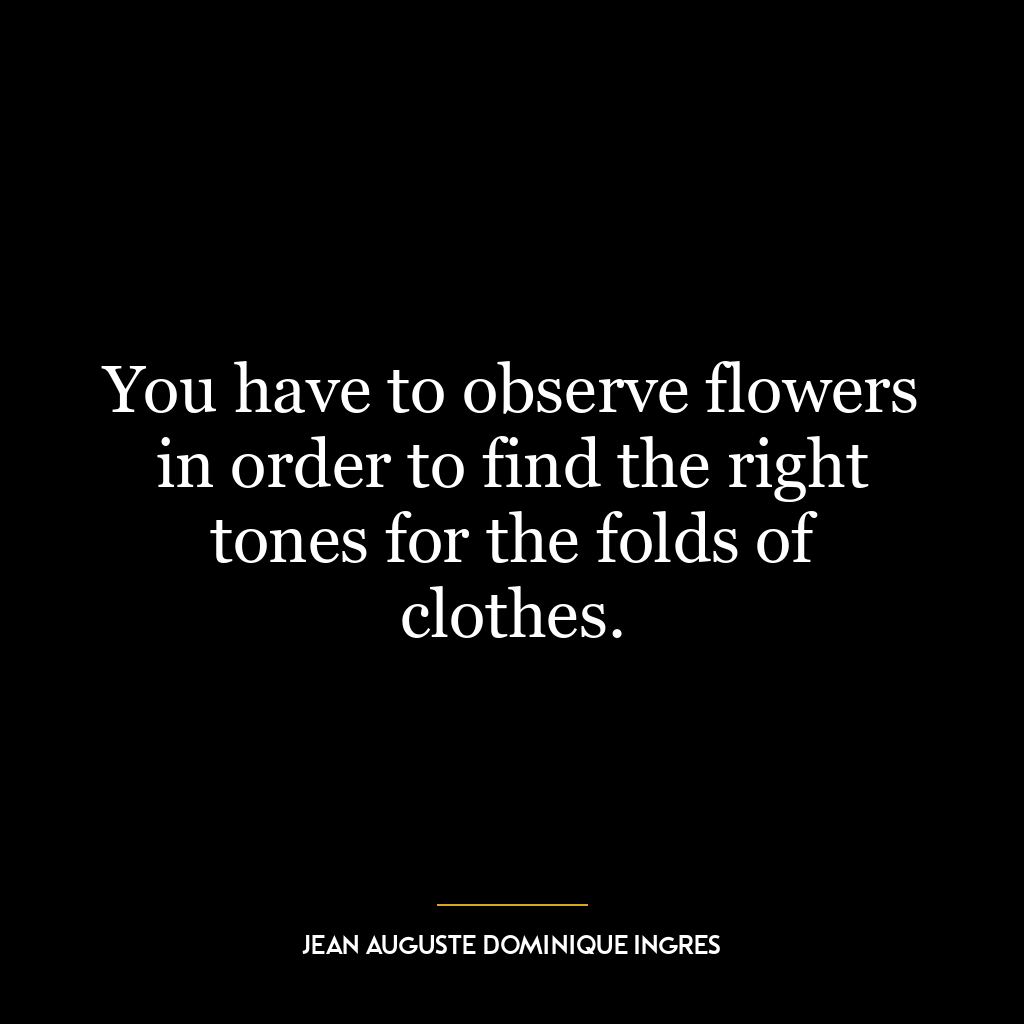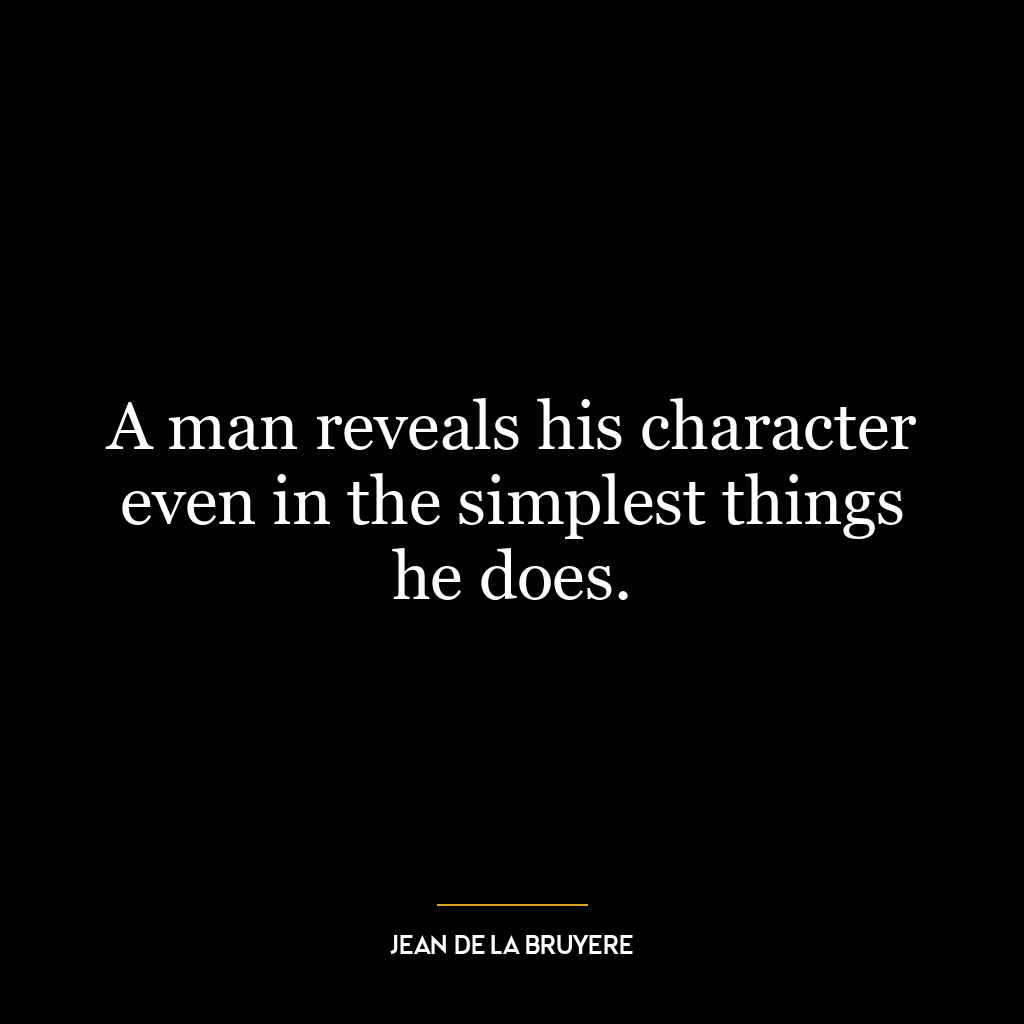On the road to wisdom, behave like a raven and observe everything carefully!
This quote suggests that the path to wisdom is paved by careful observation and curiosity, much like a raven. Ravens are often associated with intelligence and sharpness of mind in various cultures due to their keen observation skills and problem-solving abilities. They notice everything around them, learn from it, adapt to it, and use this knowledge for their survival.
The quote implies that if we want to gain wisdom – true understanding of life, ourselves, others, the world – we need to develop an observant eye. We must pay attention not just to the big events but also the small details; not just what’s happening on the surface but also what’s hidden underneath; not just what people say or do but also why they say or do it.
In terms of personal development or in today’s world where information is abundant yet true understanding seems scarce, this idea becomes even more relevant. The ability to observe carefully allows us not only to gather information but also discern its quality: Is this source reliable? Is there bias involved? What are other perspectives on this issue? It helps us critically analyze information before accepting it as truth.
Furthermore, being observant can help us understand ourselves better: Why did I react like that? What triggers my stress or happiness? By understanding our patterns and triggers through careful observation over time – much like a raven would study its environment – we can make informed decisions for our growth.
At a broader level in society today where polarization is rampant due largely in part to misinformation and lack of dialog across different viewpoints – observing carefully could mean actively seeking out diverse perspectives instead of staying within echo chambers; listening earnestly instead of waiting for one’s turn speak; trying genuinely understand another person’s experiences instead of dismissing them based on preconceived notions.
In essence, behaving “like a raven” means becoming active seekers knowledge rather than passive consumers information – which ultimately leads towards wisdom.















